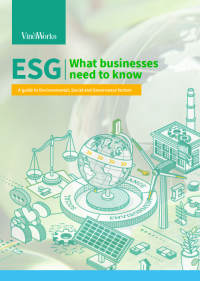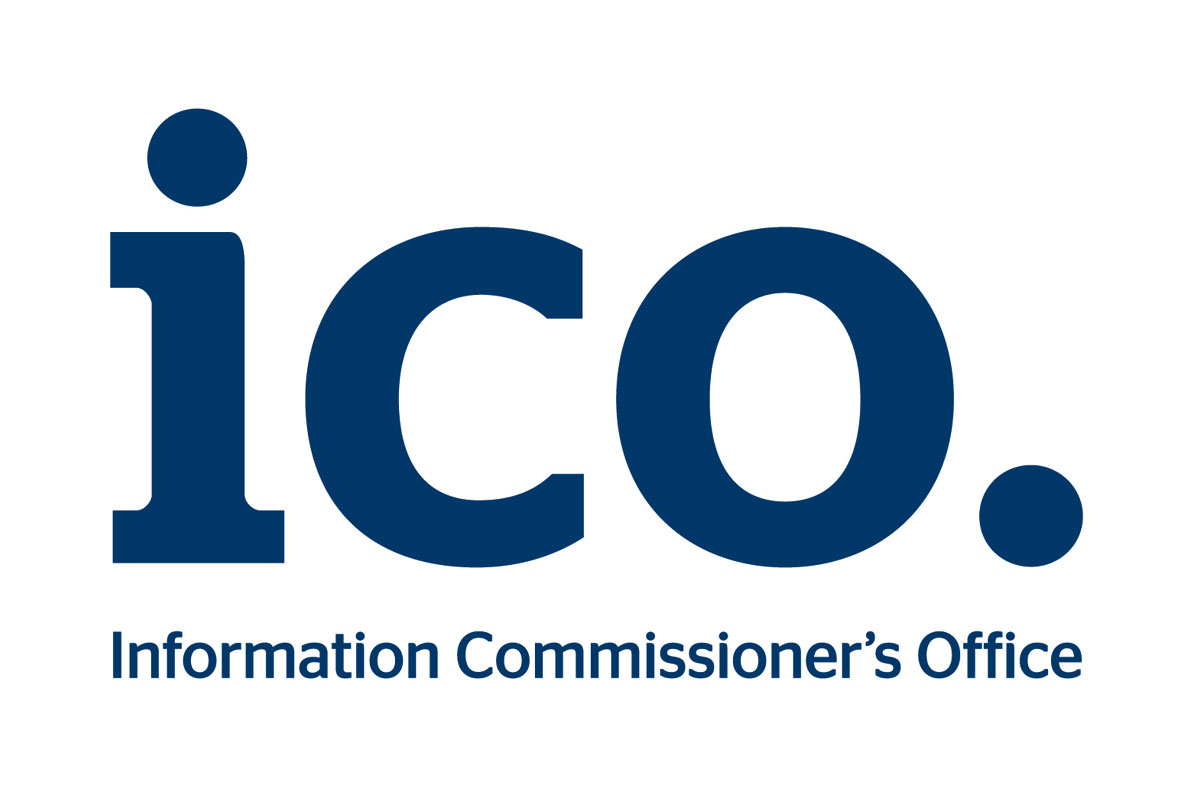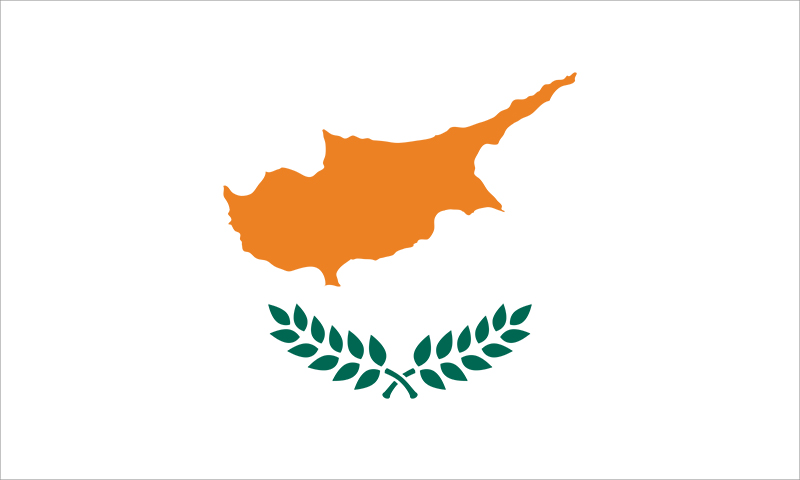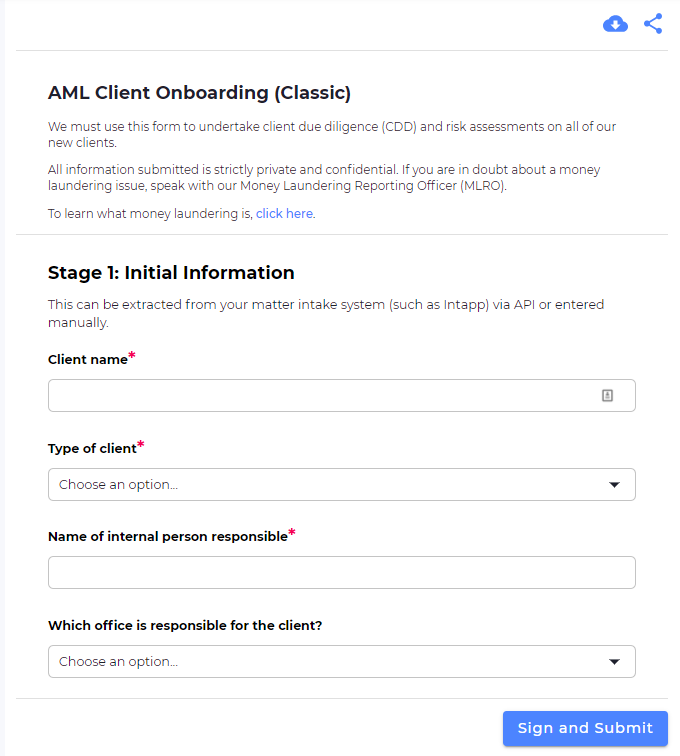ESG – Environmental, Social and Governance – is the hottest acronym in the business world today. Global businesses are no longer working on environmental, social and governance issues in a silo. They are bringing them together under the banner of ESG to demonstrate the positive impact the business is having on the world.
By combining issues like carbon emissions, progressive hiring practices and strong compliance, businesses can show not only are they a sound investment, but they have a net positive impact on the world. ESG is about assessing that net positive impact in the world, and taking concerted, defined and measurable action to improve it.
VinciWorks has created a comprehensive guide about ESG that explains what it is and advises businesses on all they need to know and what steps they can take to work towards becoming ESG compliant.
Continue reading






